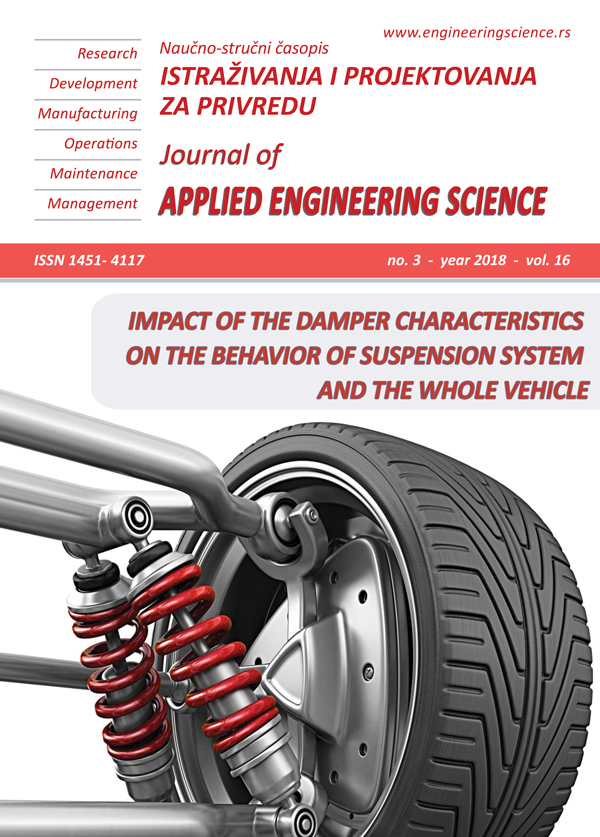COMPREHENSIVE INTEGRATION AS AN EFFECTIVE WAY OF TRAINING FUTURE DESIGNERS AT TECHNICAL UNIVERSITIES (INTEGRATION AS A WAY OF TRAINING A DESIGNER)
Abstract
The article deals with the possibilities of comprehensive integration as a way to upgrade the professional training of designers. The authors see a means of resolving some problems of design education in it. To realize this goal, a prognostic model was developed, linking all the components: the content, methodology of the teacher’s work, and student activities. This model was built on the basis of data obtained in the process of studying the activities of design practitioners, for which a survey was carried out and an interview was held with each of them. Particular attention was paid to the diffi culties experienced by young designers in the fi rst years of their work, as well as experienced professionals, watching their young colleagues’ activities. The authors propose to use both “vertical” and “horizontal” integration in the learning process, since each has its own advantages. In this case, the formation of future designers’ necessary competences is completely ensured, which should be manifested in a holistic and fl exible thinking capable of solving design problems of any complexity level. To check the availability of such thinking, a special task was developed in the fi eld of environmental design. Students designed the product from construction waste, thereby solving the actual problem of recycling and reuse of old materials. The purpose of this article is the authors’ desire to share their accumulated work experience, to give the pedagogical community the opportunity to discuss the results obtained for the further implementation of the integrative approach in the professional training of future designers.

